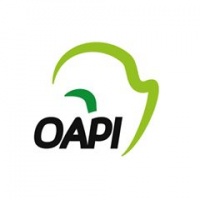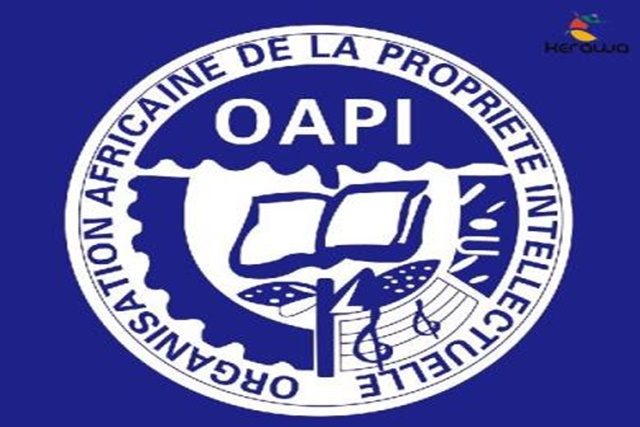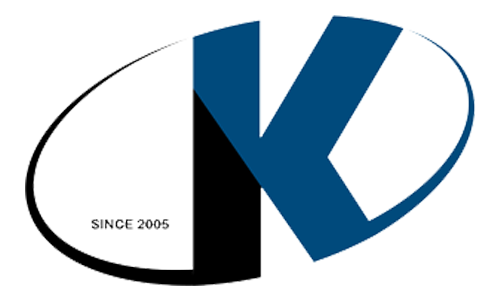On the occasion of the African Day of Technology and Intellectual Property (IP) celebrated every September 13, we thought it necessary to look back and highlight the history and important dates that has carved the life of OAPI.
These moments which are engraved on the marble of the history of intellectual property in French-speaking Africa, have not only shaped this organization by making it more resilient, but above all have allowed it to adapt to the different mutations of the world. From the world economic crisis to technological transformations, through the globalization of international trade and the Agreements on Trade-Related Aspects of Intellectual Property (TRIPS), OAPI has been able to stay the course.



Before independence, French-speaking African colonies had as IP laws French derived laws. These laws were fragmentary in nature with patent, trademarks and copyright laws existing separately. To keep these laws from duplicating in its colonial territories, France preferred to make them applicable to these colonies.
Independence made it necessary to adopt national laws on intellectual property. Contrary to the tangent taken by the copyright, the industrial property saw itself rather converted in a communitarian approach. Indeed, on September 13, 1962, twelve countries of French-speaking Africa, including Benin, Burkina Faso, Cameroon, Central African Republic, Congo, Ivory Coast, Gabon, Madagascar, Mauritania, Niger, Chad and Senegal signed the Libreville Agreement. This agreement gave birth to the African and Malagasy Office of Industrial Property (OAMPI).

The withdrawal of the Republic of Madagascar, the attribution of new competencies, in particular in the field of literary and artistic property, the new objects of industrial property such as plant varieties, and integrated circuits, and the concern to make intellectual property a tool for development led the member States of OAMPI to revise the Libreville Agreement and to create the African Intellectual Property Organization (OAPI) by the adoption of a new regional convention, namely; the Bangui Agreement of March 2nd, 1977.
Moreover, internationally, countries have witnessed a mutation of international texts. The member countries of the WTO, aware of the need and place of intellectual property in commercial exchanges, have seen fit to put intellectual property at the center of commercial activities. With this in mind, these countries adopted the Agreement on Trade-Related Aspects of Intellectual Property (TRIPS) in 1994. This international convention had the effect of completely changing intellectual property law into a more lively and economic law. Having ratified the said convention, the member states of OAPI have followed the required path of integration of this convention in their legislative arsenal. The reform of February 24, 1999 of Bangui, revising the Bangui Agreement, was the result.
Some important dates in the life of OAPI
2022: Launch of a professional master’s degree “Patent engineer”
2022: Entry into force of Annex III, IV, and V of the Bangui Agreement, Bamako Act of December 14, 2015
2017: Creation of the OAPI Arbitration and Mediation Center
2015: Adoption of the Bangui Agreement, Bamako Act of December 14, 2015 bylaws
2015: Adoption of the new Bangui Agreement establishing an African Intellectual Property Organization, Act of December 14, 2015
2014: Inauguration of the new headquarters of the organization
2014: Adoption of the Madrid Protocol governing the international registration of trademarks
2013: Adoption by the Administrative Council of OAPI of Resolution No. 53/25 of December 14, 2013, authorizing the accession of OAPI to the Protocol Relating to the Madrid Agreement Concerning the International Registration of Marks
2010: Creation of a Single Window for the deposit of titles
2010: Opening of a Master II course in Intellectual Property Law
2008: OAPI joins the Hague System for the international registration of industrial designs
2002: Entry into force of the revised agreement in 1999, which among other provisions, broadens the missions and the objects to be protected
2000: Creation of FAPI, the Fund for the Promotion of Invention and Innovation
1997: Launching, in Dakar, of the 1st edition of SAIIT, the African Invention, and Innovation Exhibition
1979: Creation of the National Structures of Industrial Property and Technology
1977: Revision of the initial agreement. Creation, in Bangui, of the OAPI, the African Intellectual Property Organization.
1962: Creation of the African and Malagasy Office of Intellectual Property (OAMPI)




